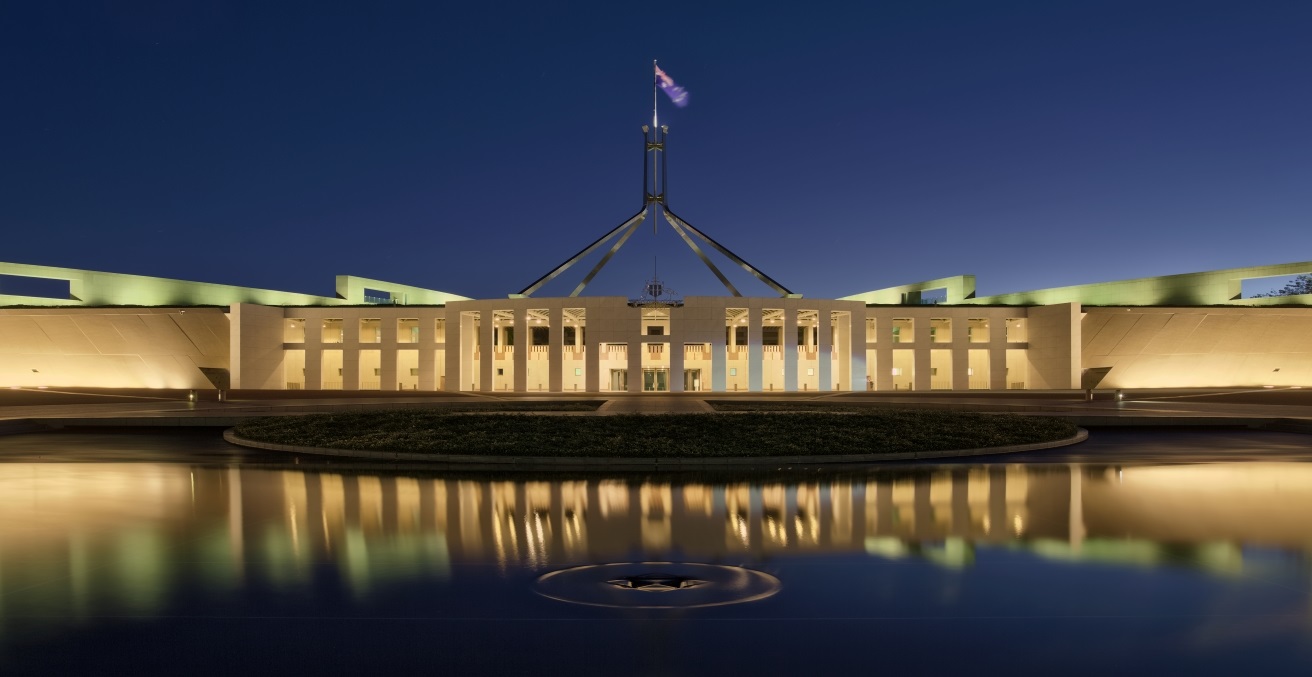New Feature: The Week in Australian Foreign Policy

As part of the AIIA’s mission to help all Australians know, understand, and engage more with international affairs, we are pleased to introduce a new segment to Australian Outlook – Current Events in Australian Foreign Policy.
We want to make it easier for interested Australians to access key official statements about the direction of Australian international policy. Current Events in Australian Foreign Policy will identify and collate important speeches, Parliamentary statements, press releases, and media interviews given by ministers and opposition spokespeople on foreign, trade, defence, and development assistance policy. It is the Australian official world we will be concerned with, rather than the views of foreign governments or commentators.
The Current Events segment will not analyse those statements. We have the rest of Australian Outlook and the Australian Journal of International Affairs to do that when necessary. But in a context in which the traditional media has fewer resources to devote to the reporting of government statements, and information on social media becomes easily scattered, this weekly section will provide interested readers with an authoritative link to the core statements of Australian foreign policy and a better foundation for the wider debate we need about Australia’s external engagement at a time of unparalleled change.
For the historians among you, we want to echo for a new age the tradition of earlier publications like Current Notes on International Affairs, and the Australian Foreign Affairs Record.
We hope you find it useful.
Allan Gyngell
National President, Australian Institute of International Affairs
3 July – Current Events in Australian Foreign Policy
On 1 July, Prime Minister Scott Morrison and Minister for Defence Linda Reynolds released the 2020 Defence Strategic Update to the 2016 Defence White Paper. Three new strategic objectives were outlined: to shape Australia’s strategic environment, to deter actions against Australia’s interests, and to respond with credible military force when required. The 2020 Force Structure Plan was also released, detailing the government’s intentions for new and adjusted Australian Defence Force capability investments, to implement these new strategic objectives. A joint media release by Morrison and Reynolds on the Strategic Update and Structure Plan stated that the government will invest $270 billion over the next 10 years to upgrade the capability of the Australian Defence Force.
On 30 June, a joint media release from the Prime Minister and the Minister for Home Affairs, Peter Dutton, announced a $1.35 billion investment in cyber security over the next decade. This investment, they said, will “mean we can identify more cyber threats, disrupt more foreign cybercriminals, build more partnerships with industry and government, and protect more Australians.”
On 1 July, Minister for Foreign Affairs Marise Payne published a statement expressing “deep concern about Beijing’s imposition of a National Security Law on Hong Kong.”
On 30 June, Payne issued a media release following a special ASEAN-Australia Foreign Ministers’ Meeting on COVID-19, which was held “to discuss Australia and Southeast Asia’s cooperation to combat COVID-19 and to chart a course to economic recovery in the Indo-Pacific region.” Payne made a $23 million commitment to “help ASEAN bolster health security, economic recovery, and stability in our region.”
On 30 June, Deputy Leader of the Opposition and Shadow Minister for Defence Richard Marles and Shadow Minister for Foreign Affairs Penny Wong issued a joint press release declaring the Australian Labor Party’s opposition of the annexation of land in the West Bank by the Israeli government. The minister for foreign affairs noted Australia’s continuing support for a two-state solution in a statement on 1 July.
On 26 June, the Minister for Trade, Simon Birmingham, and the Foreign Minister announced the appointment of new consuls-general to Austrade posts in Milan and Houston.
Birmingham and the British Secretary of State for International Trade, Liz Truss, announced on 17 June the launch of negotiations for the Australia-UK free trade agreement to “take our bilateral trade and investment relationship to the next level.” Birmingham said, “this agreement will underpin the future economic relationship between our two countries and send a strong signal of our mutual support for free trade, which will be vital in a post COVID-19 world.”
Isabella Keith is an intern at AIIA National Office.




